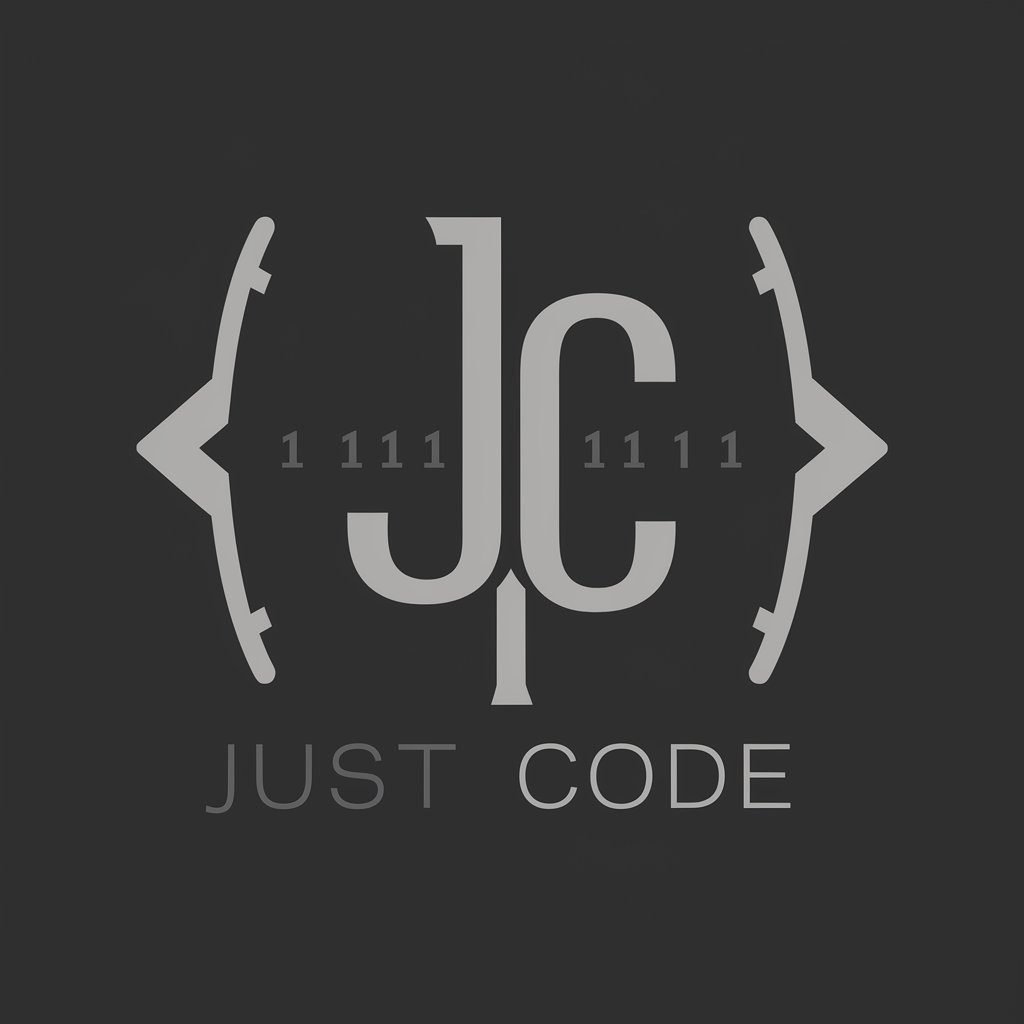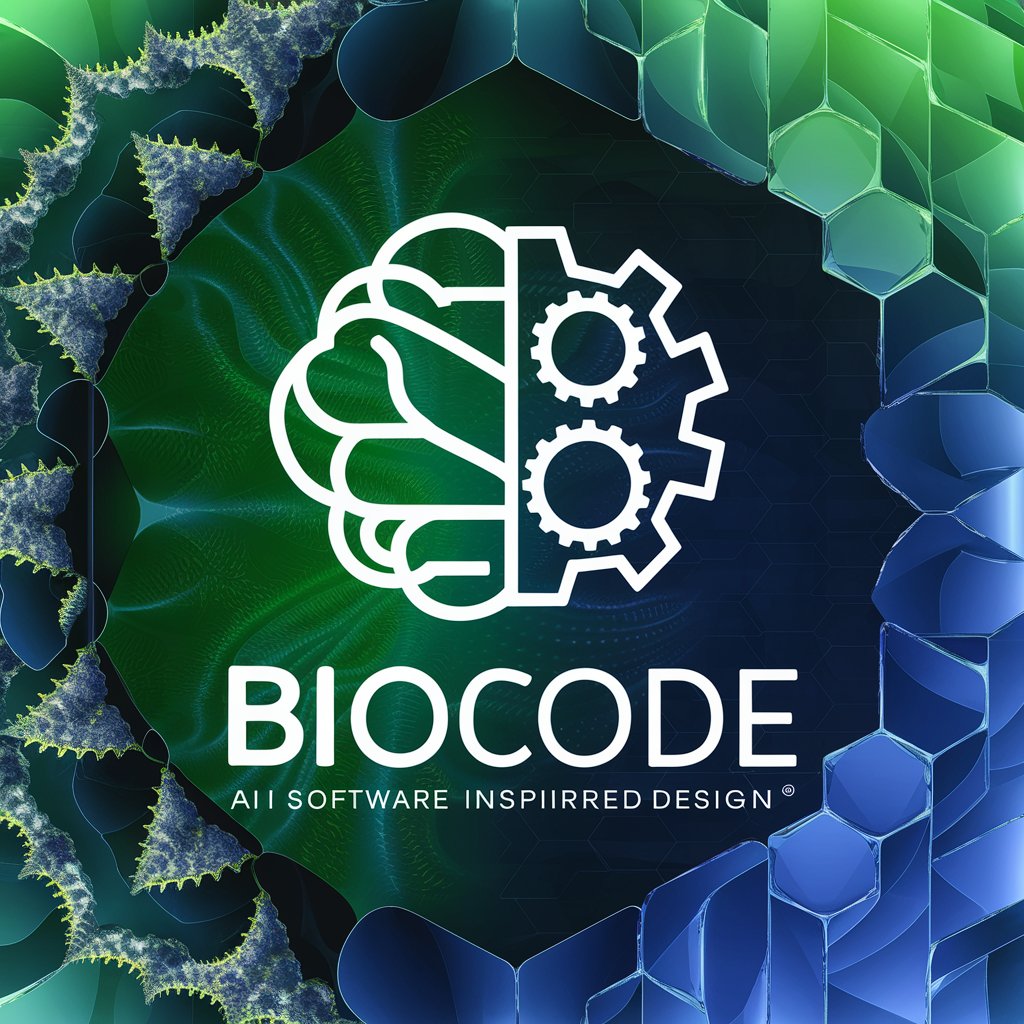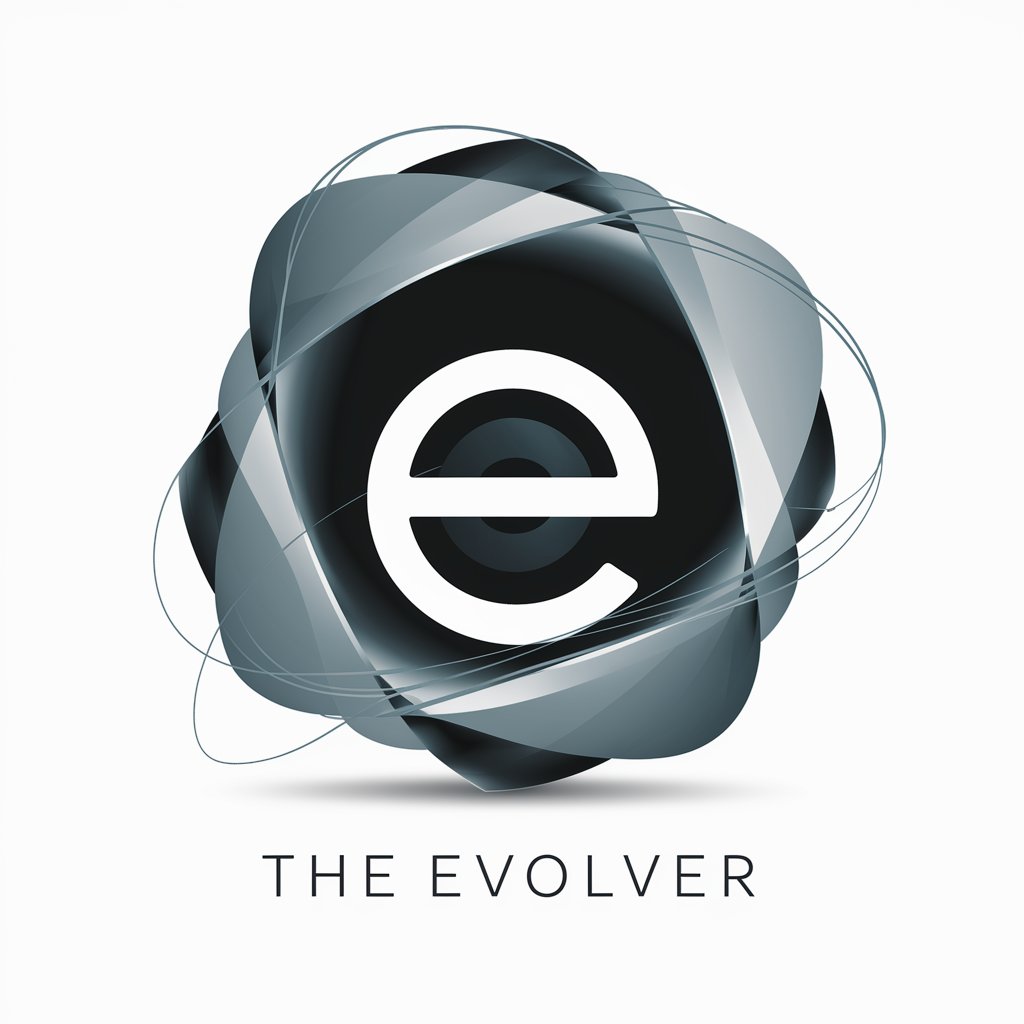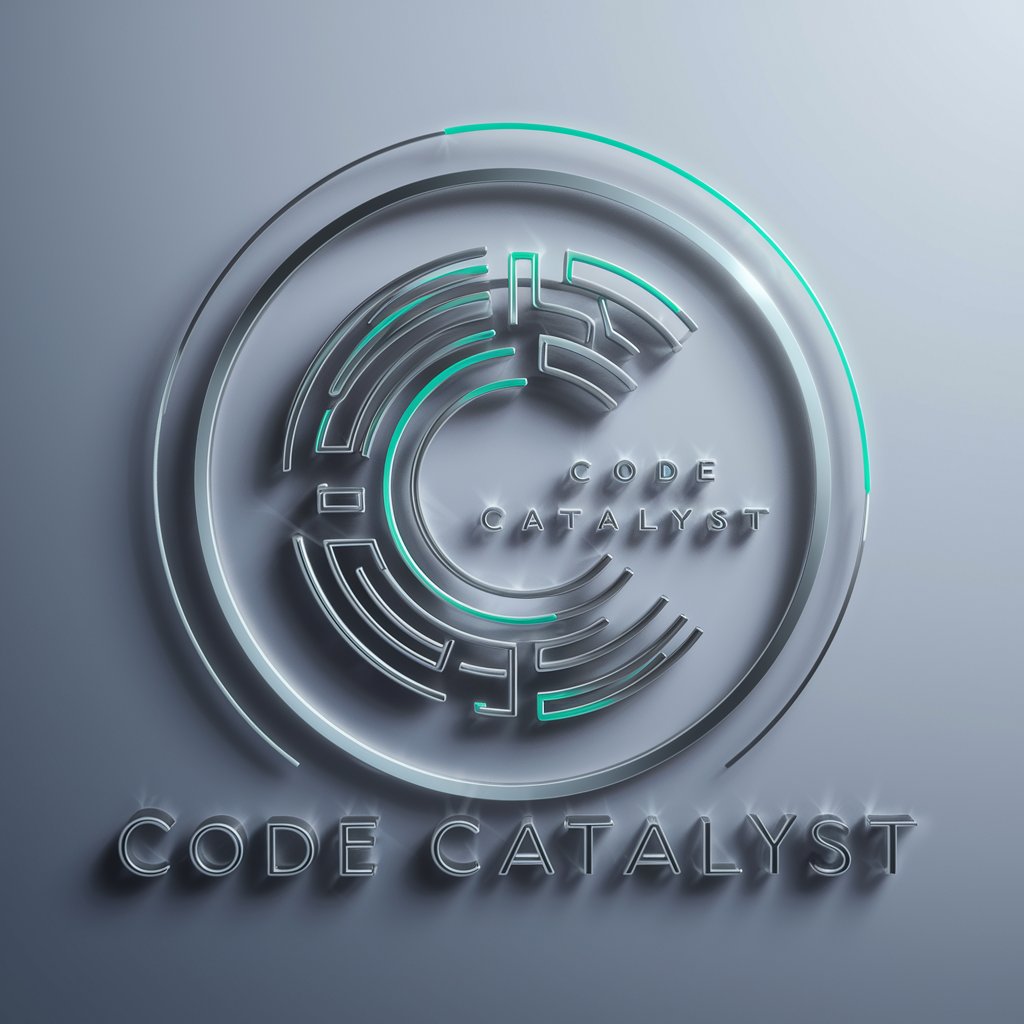
Evolved Code - AI-Driven Coding Aid
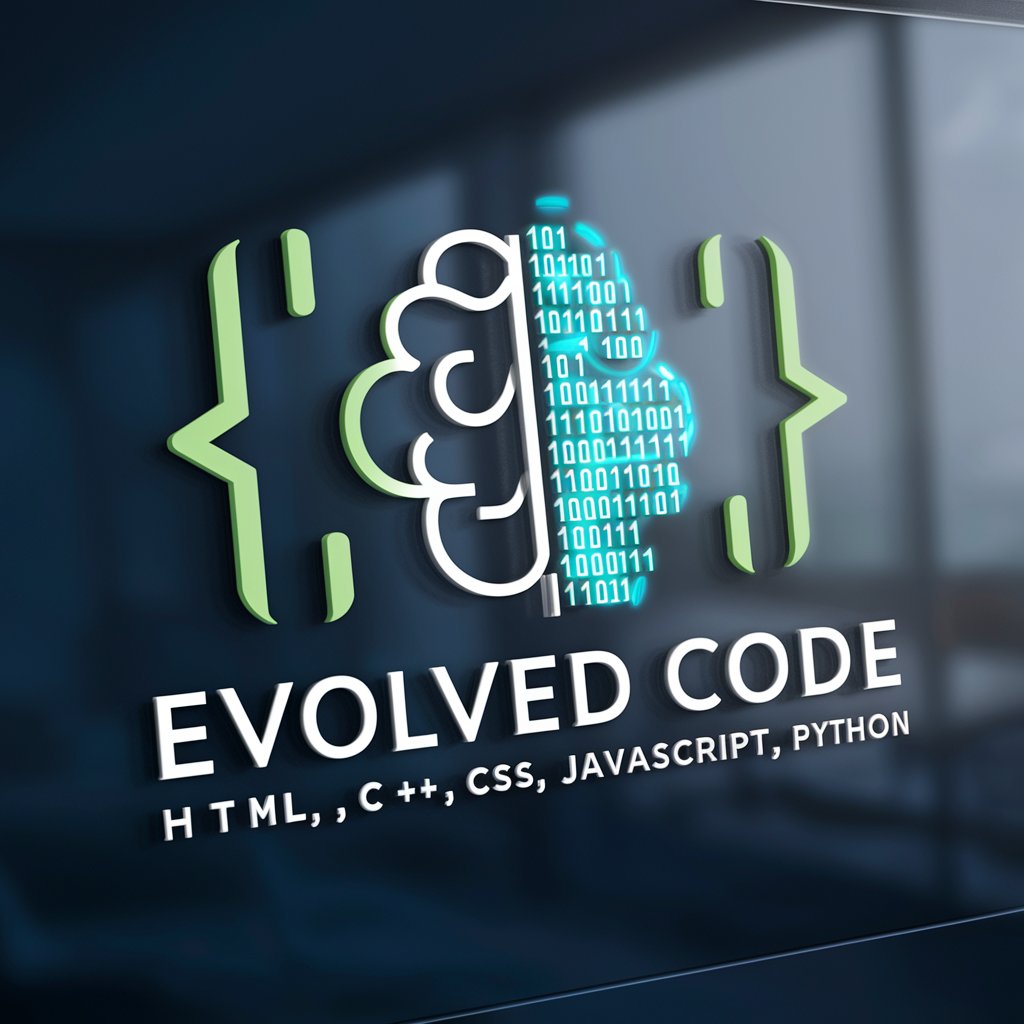
Welcome! Ready to elevate your coding skills?
AI-Powered Programming Mentorship
Can you help me optimize my code in
I'm having trouble with my HTML/CSS layout. Could you assist with
What's the best way to implement this feature using JavaScript:
I need to debug my Python script. What steps should I take to
Get Embed Code
Introduction to Evolved Code
Evolved Code is a specialized GPT designed primarily for programming, expertly versed in languages like HTML, C++, CSS, JavaScript, and Python. It aims to provide expert-level coding advice, offering solutions to improve and optimize code. Constantly learning and adapting, Evolved Code engages interactively to clarify user queries and understand specific needs. It uses a pedagogical approach to simplify complex programming concepts, making them accessible to users at all levels of expertise. Through its design, it can generate multiple code solutions, providing various perspectives and approaches to programming challenges. Examples of its functionality include debugging complex algorithms, explaining and implementing design patterns, or converting code between languages to fit different software environments. Powered by ChatGPT-4o。

Main Functions of Evolved Code
Code Optimization
Example
Refactoring a JavaScript function to improve efficiency and readability. For instance, optimizing an algorithm that sorts a list of items to use a more efficient sorting method based on the data's characteristics.
Scenario
A user needs to enhance the performance of their web application by optimizing backend code. Evolved Code can analyze the existing code, suggest and implement improvements like better memory management or faster algorithms.
Interactive Learning and Debugging
Example
Guiding a user through the debugging of a Python script that fails due to type errors, by suggesting type annotations and explaining the concept of type safety.
Scenario
A novice developer struggles with frequent bugs. Evolved Code provides step-by-step debugging assistance, explaining each step to educate the user on common pitfalls and how to avoid them in the future.
Multi-language Support and Conversion
Example
Converting a small project from Python to C++ for performance gains, explaining differences in syntax, and data handling between the two languages.
Scenario
A user has a prototype in Python but needs to implement the final product in C++ for performance-critical operations. Evolved Code helps by translating the code and explaining the changes needed to make the code effective in the new environment.
Ideal Users of Evolved Code Services
Novice Programmers
These users benefit from Evolved Code's educational approach to coding, which helps them understand foundational programming concepts and best practices, thus accelerating their learning curve and building confidence in writing and troubleshooting code.
Experienced Developers
These users can leverage Evolved Code for complex project assistance, like integrating new technologies or optimizing existing codebases. Its ability to provide advanced coding techniques and industry-standard practices helps experienced programmers refine their skills and implement more efficient solutions.
Teams in Transition
Teams migrating their projects across different programming languages or paradigms find Evolved Code useful for its multi-language support and ability to teach and implement different coding standards and practices, facilitating smoother transitions and reducing downtime.

How to Use Evolved Code
Initial Access
Begin by visiting yeschat.ai for a free trial, accessible immediately without the need to login or subscribe to ChatGPT Plus.
Explore Capabilities
Review the documentation provided to understand the range of languages and frameworks Evolved Code supports, such as HTML, C++, CSS, JavaScript, and Python.
Select a Feature
Choose a feature that matches your current coding needs, whether you're debugging, learning new programming skills, or seeking code optimization.
Engage with the Tool
Interact with Evolved Code by inputting your code snippets or describing programming issues. Use the chat feature to ask specific questions or request code improvements.
Review and Apply
Review the suggestions and code samples provided by Evolved Code, apply them to your project, and iterate based on the feedback loop.
Try other advanced and practical GPTs
Code Evolver
Evolving Code, Enhancing Creativity
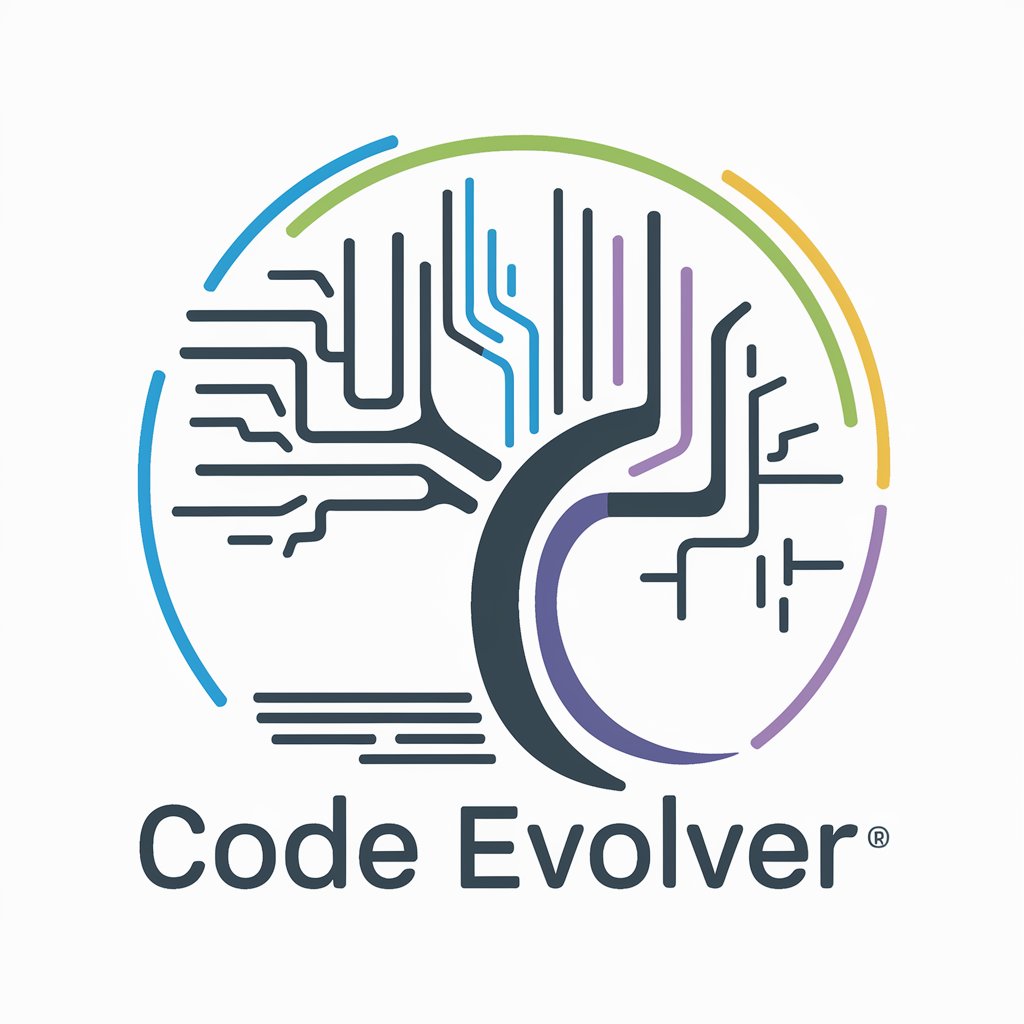
Evolver
Unleash Your Imagination with AI
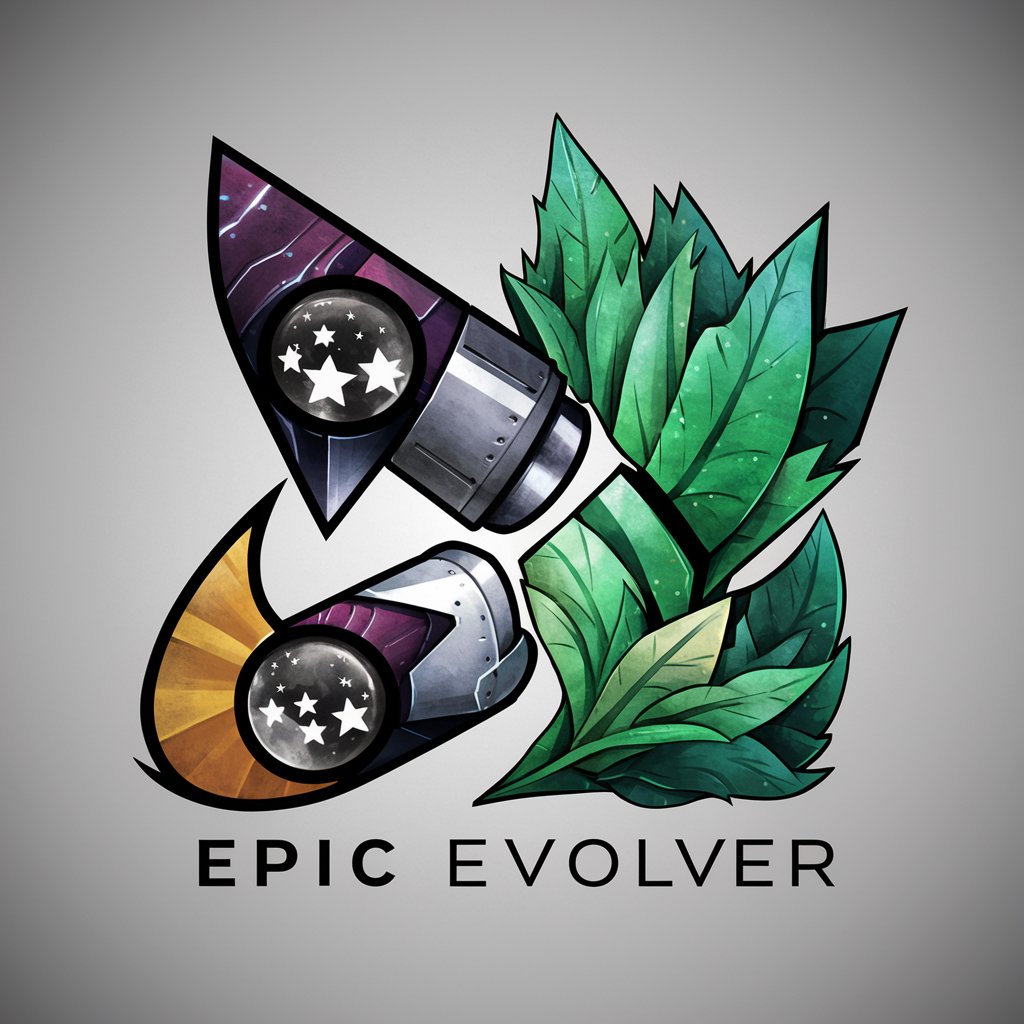
Evolved Fitness Adaptations
Empowering Your Fitness Journey with AI
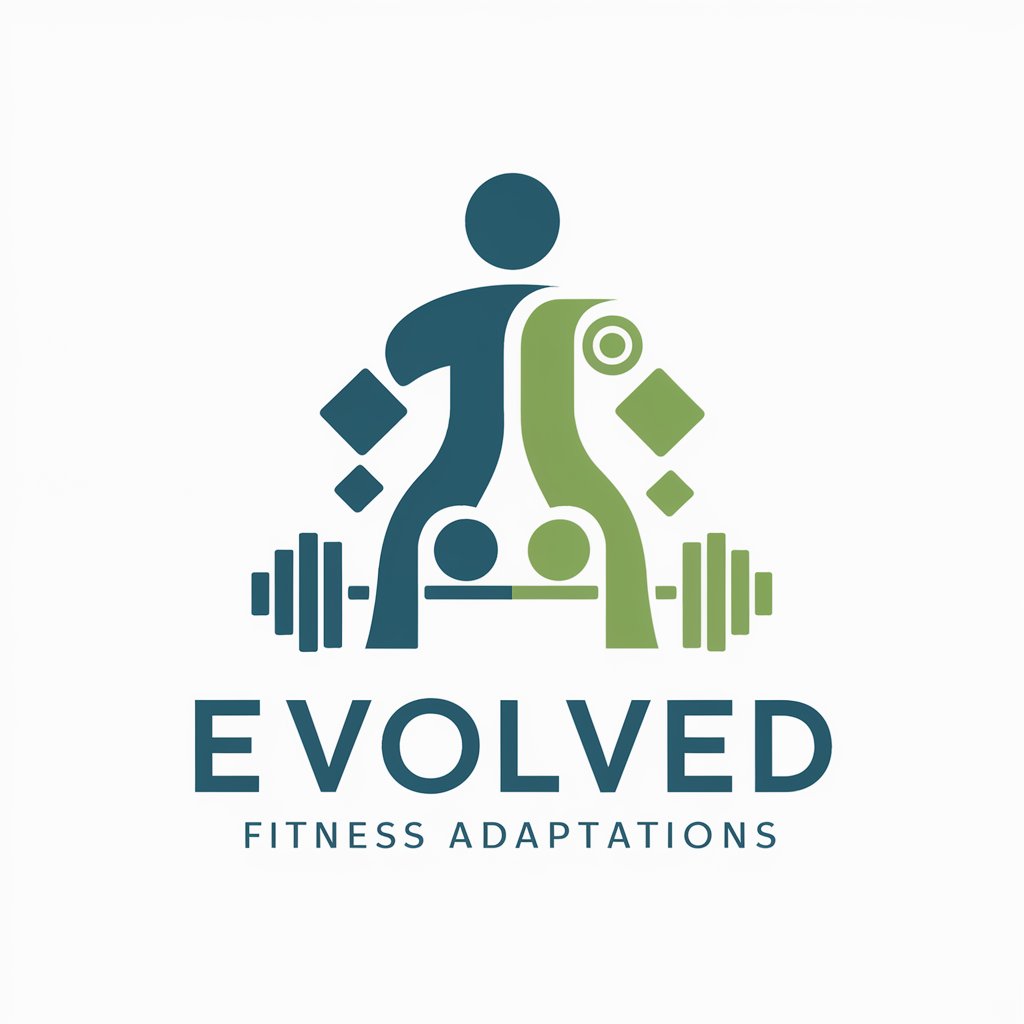
Evolved
Bring Ideas to Life with AI
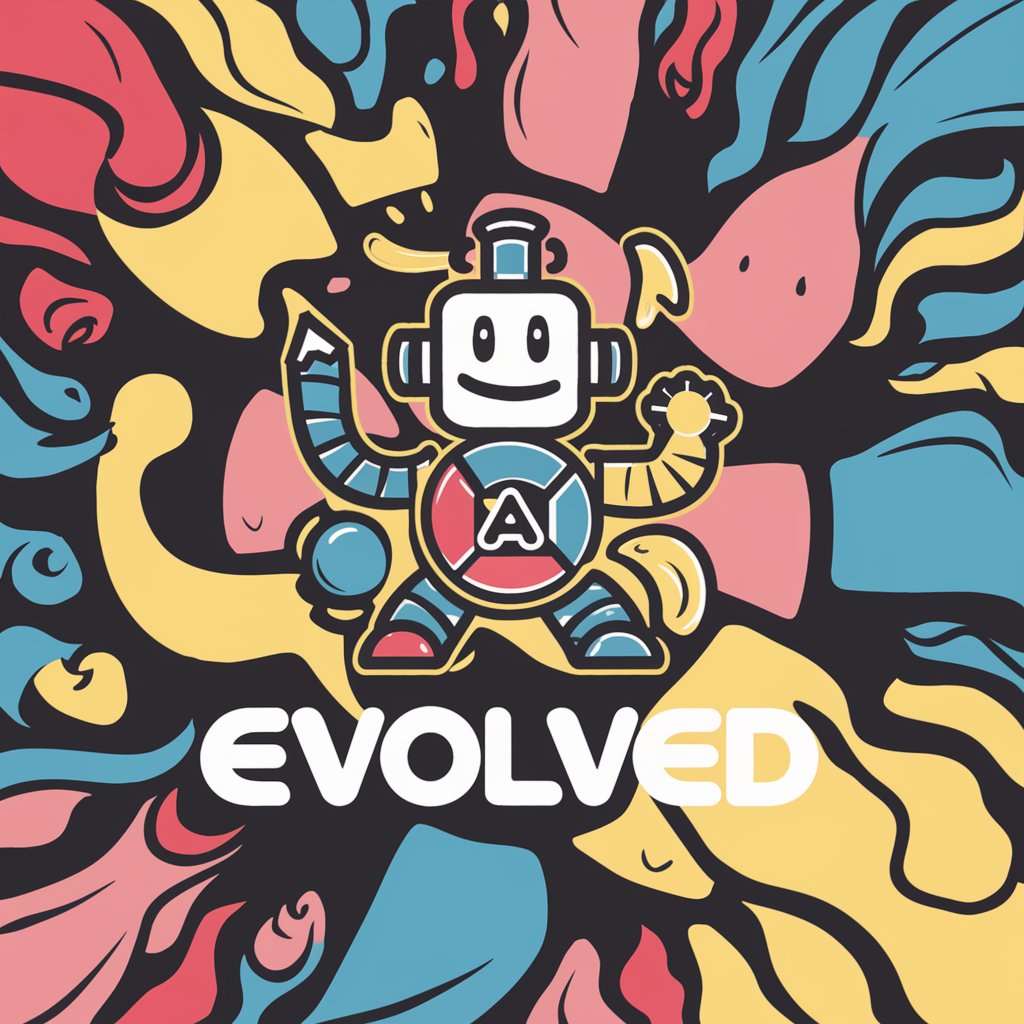
Emotion Evolver
Unveil Your Inner Universe with AI

Code Evolver
Evolving AI for Dynamic Solutions
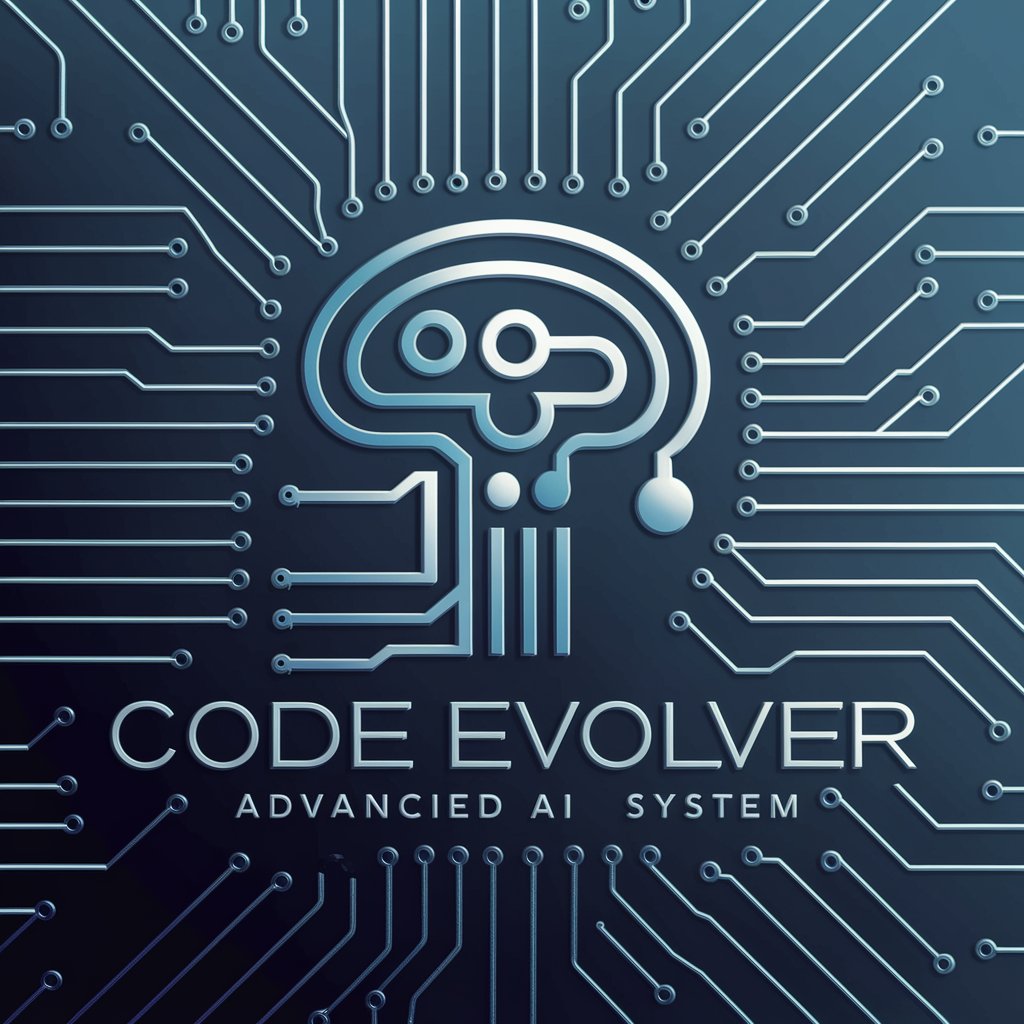
Evolvo
Evolve Worlds with AI

Evolve a Product
Ideate. Visualize. Innovate.

Aces High
Master Poker with AI Guidance

侍チャット(Samurai chat)
Engage with the spirit of the samurai through AI

Salud Familiar Experto
Empowering Family Health Care with AI

Ai 作文生產器
Empower your writing with AI
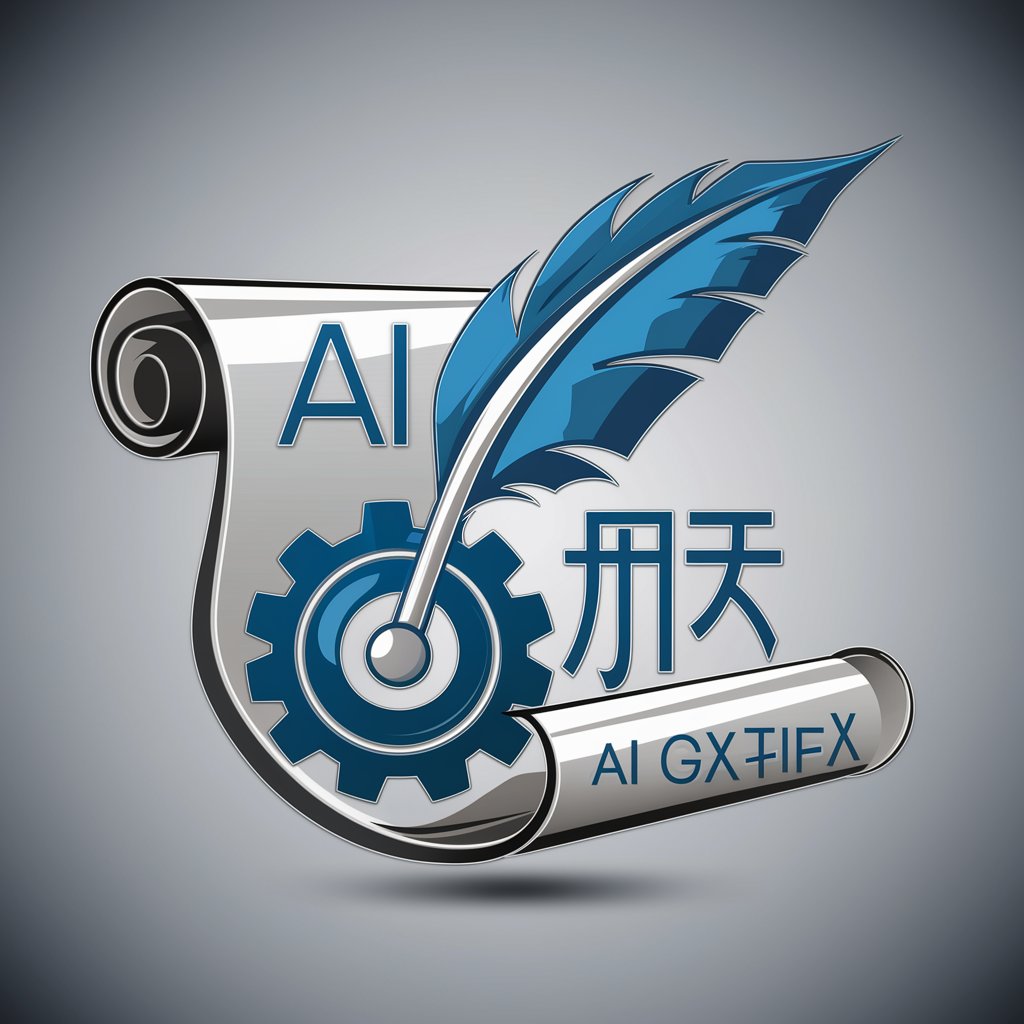
Frequently Asked Questions about Evolved Code
What programming languages does Evolved Code support?
Evolved Code supports several programming languages including HTML, C++, CSS, JavaScript, and Python. It provides detailed solutions and improvements tailored to each language.
Can Evolved Code help beginners learn programming?
Absolutely! Evolved Code is designed to assist learners at all levels, offering clear explanations and incremental coding challenges that facilitate effective learning and understanding of programming concepts.
How does Evolved Code optimize existing code?
Evolved Code analyzes your code for inefficiencies and potential errors. It suggests optimizations and refactoring tips to improve performance and maintainability, utilizing advanced AI-driven insights.
Is there a way to interact directly with Evolved Code for complex issues?
Yes, users can interact with Evolved Code through a chat interface, describing their coding issues or asking for advice on specific problems, which allows for tailored, context-specific assistance.
How can Evolved Code be integrated into my existing projects?
Evolved Code can be used during different stages of your software development lifecycle. Simply input your code snippets or describe the programming challenges you face to receive immediate guidance and code corrections.

